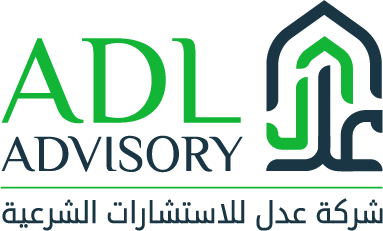
Stamp of Approval: Key Significations and Implications of a Shariah Compliance Certification
The role of a Shariah advisory firm is to point out Shariah’s requirements and standards on financial contracts and the elements therewithin. Upon being satisfied with the substance and form of such contracts, the said firm would issue what is referred to as a Shariah Compliance Certificate or Certification (SCC).
An SCC is in essence a fatwa; a ruling deduced by a Shariah expert in response to a particular case after rigorously analyzing it in light of the relevant sources of knowledge. Each case consists of variables that render it unique. It is, therefore, vital that market players rely on SCC’s that are credible i.e. those issued by knowledgeable and trustworthy advisors who adopt diligent processes and policies and whose stances and opinions comply with recognized Shariah guidelines and standards, such as those issued by AAOIFI and IIFA.
Moreover, it must be noted that an SCC is no more than a Shariah advisory firm’s (i.e. the SCC issuer) statement of conviction that the financial product/service or transaction in question is void of elements that contravene the applicable Shariah principles.
In relying on such statements, however, it is important that market players keep in mind that a given SCC, unless on matters for which Shariah has unambiguously and unequivocally legislated on (such as the impermissibility of taking/imposing usury or selling unlawful substances like wine), constitutes one of many perspectives.
This is owing to Shariah’s approach of limiting its scope of legislation, in most cases, to the macro level. Put differently, upon laying down the overarching rules and guiding principles for all aspects of human endeavours, the Creator deliberately left plenty room for individuals to explore what best works for them and their communities, particularly as it pertains to matters that are typically not considered acts of religion or faith, such as transacting, farming, cooking, etc.
The above statement is attested to by various Quranic verses wherein the Almighty sets the approved standard as “ma’ruf” meaning that which is deemed societally good or accepted. For example, in Quran 2:233, Allah states that a father has the responsibility to provide sustenance (rizq) and clothing (kiswah) for his children to the level of “maruf” i.e. considered accepted by people of that culture or tradition.
Another example can be seen in the hadith reported in Sahih Muslim (2363) in which the Prophet S.A.W., having made a suggestion that was perceived by a group of farmers to be a religious command and resulted in their yield declining, said “You know better the affairs of your world.”
From the above Islamic texts, we conclude two things; firstly, that a particular SCC does not constitute a universal acceptance or stamp of approval that a financial offering or engagement is Shariah-compliant. Rather, it is only regarded as a Shariah advisory firm’s assessment, which is subject to human error, circumstantial changes, customary practices, public policy and other limitations.
The second point of deduction is that an SCC’s focus is on Shariah’s permissibility, which, as highlighted earlier, primarily aims to ensure that financial dealings and their components are in line with the “overarching rules and guiding principles.” In essence, an SCC’s scope is confined to mitigating the relevant Shariah risks.
Accordingly, it is necessary for market players and business entities to not only conduct their own research in order to verify that an SCC is rightly applied and recognized within the jurisdiction in which it is intended to be invoked, but also to engage other relevant experts that would likewise offer their expert analyses/assessments on non-Shariah related aspects, such as product or service viability and profitability (i.e. financial expert), legal compliance (legal expert), etc.
By engaging all the relevant field specialists, market players would be able to gauge in a holistic manner the extent to which their financial dealings are financially viable, legally compliant and in conformity with the established requirements and standards of Shariah!
